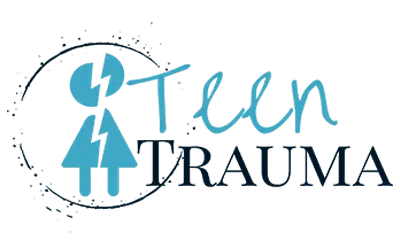Why There is a Chance of Addiction When There are Traumas Involved
According to the National Centers for Drug Abuse Statistics, half of all people aged 12 and up have used illicit drugs at least once. Since 2000, nearly 1 million Americans have died from a drug overdose. In addition, one out of every 10 Americans has an Alcohol Use Disorder.
These statistics are sobering and show the need for a better understanding of adult substance abuse and addiction. As researchers continue to delve into these concerns, risk factors are coming to the forefront, and trauma, especially untreated childhood trauma, continues to be a serious risk factor.
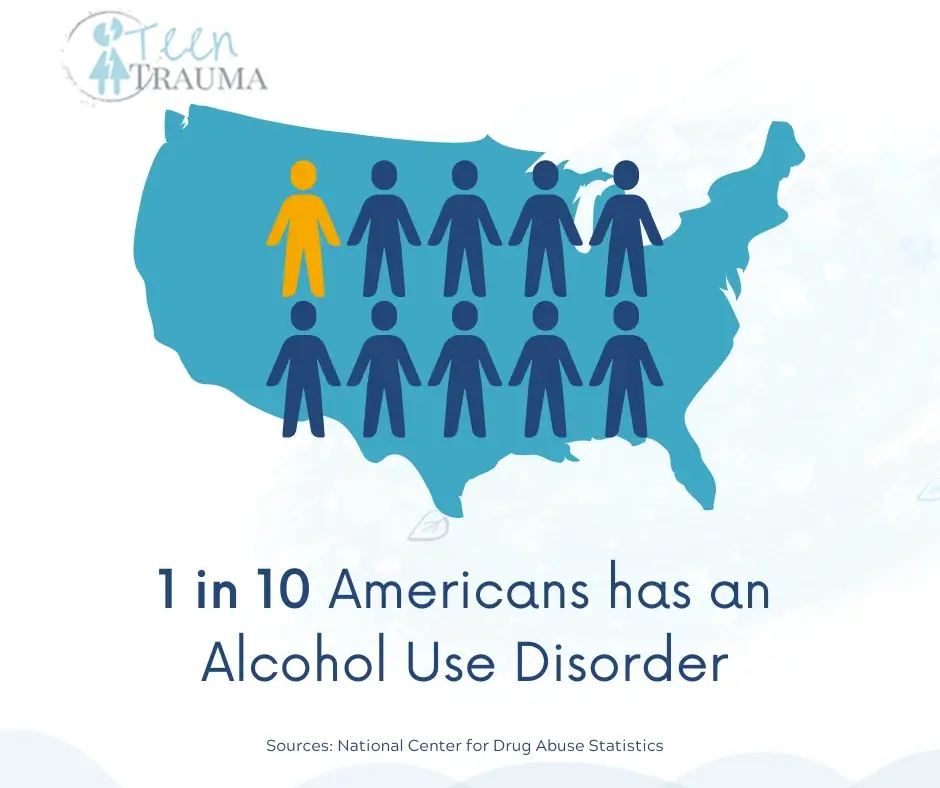
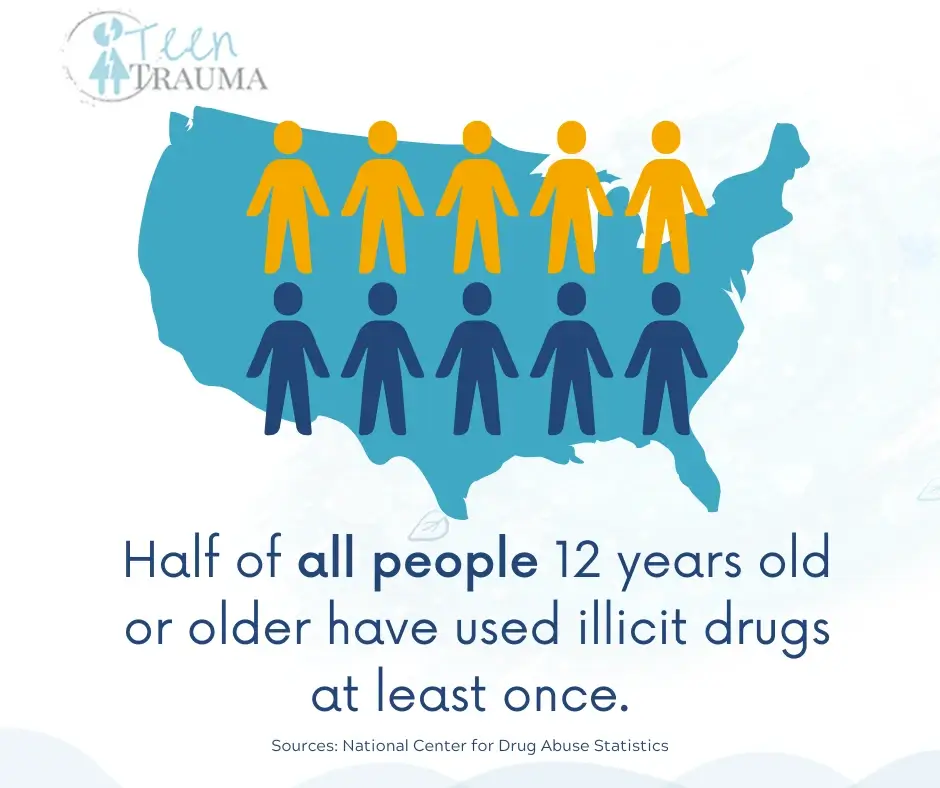
The Connection Between Addiction and Traumas
Addiction is a behavior pattern characterized by compulsive use of a substance or behavior despite negative consequences, and trauma is an emotional response to an event that threatens one’s life or sense of security.
The connection between addiction and traumas can be seen in the following ways:
- Trauma can lead to addiction.
- Addiction can lead to trauma.
- Trauma can cause addiction.
- Trauma and addiction are both self-medicating methods for coping with intense feelings, such as fear, depression, or anxiety.
Risk Factors for Addiction
Anyone can become addicted to drugs or alcohol. Many substance abuse problems start with recreational use in social settings, leading to more frequent use and, eventually, an addiction. Yet certain risk factors indicate a person is more likely to be affected by this problem. According to Mayo Clinic, these include:
- Family history of addiction
- Diagnosed with a mental health disorder
- Strong peer pressure from others who use drugs
- Poor family involvement
- Early use of drugs as an adolescent
- The addictiveness of the drug
In addition, a formal link between childhood trauma and addiction has been found, which deserves more exploration as you seek to understand what causes addiction and how you can protect the young people in your life from this common problem.
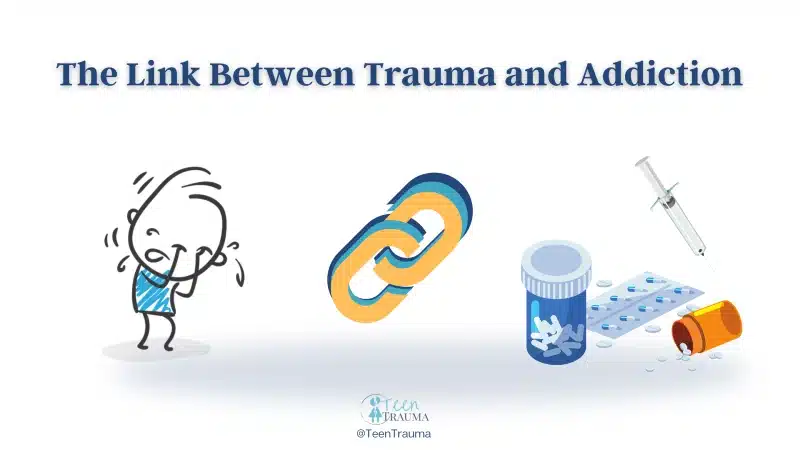
Addiction and Trauma: Understanding the Link?
Modern research has found a significant connection between childhood trauma and adult substance use disorders. In one study of nearly 600 people from highly traumatized backgrounds, a high drug or alcohol dependency rate was also found. Specifically, 39% of the people suffered from alcohol dependence, and over 44% were addicted to marijuana.
While this was just one study, the two decades of research into adverse childhood experiences (ACEs) have found a direct connection between high ACE scores and high rates of adult addiction. The reasons for this are complex and include dysregulation of the stress response system, increased blood pressure, hyperarousal, and all of the resulting impacts of these physical effects on the brain.
When these experiences happen during childhood, they have a direct impact on the developing brain. As a result, many of these children have stunted cognitive and emotional development. They may lack proper executive functioning and emotional regulation skills, and that puts them at risk for a wide range of concerns.
A person cannot control these normal reactions to stress, but over time, the stress hormones produced when the body gets stuck in fight or flight mode can cause physical changes in the brain. The stress center becomes chronically activated, and this can lead to mental health disorders.
In a study of nearly 600 people from highly traumatized backgrounds, 39% of the people suffered from alcohol dependence, and over 44% were addicted to marijuana.
Sometimes, people with dysregulated stress systems due to trauma will turn to drug or alcohol use to self-medicate. The feelings of pleasure and reduced stress they feel when taking these substances can quickly become an addiction as they seek to run away from the impacts of their trauma.
Why Self-Medicating and Addiction Are Such a High Risk for Trauma Survivors
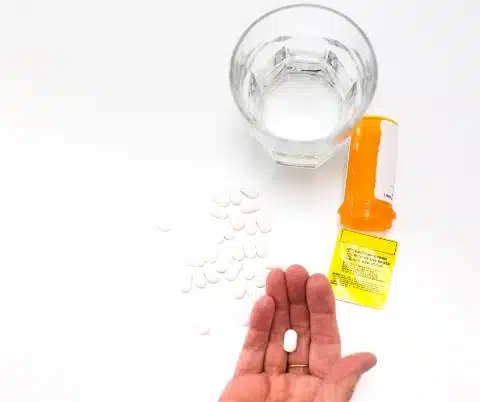
The reason that trauma survivors seem to have a higher risk of addiction is the desire to self-medicate. The impact of trauma on the brain can cause ongoing periods of sadness and even depression. Many trauma survivors suffer from intrusive thoughts.
Addictive substances help numb all of these concerns. Taking drugs or alcohol can reduce the arousal caused by stress hormones and create a temporary state of calm and numbness. Because the state is temporary, they must continue to consume the substance in order to maintain that feeling, and this leads to addiction.
These trauma survivors do not intend to become addicted to these substances. They are often simply desperate for relief from their suffering and find that relief temporarily through addictive substances. However, the nature of addictive substances means that the relief does not last, so they must continue using to continue getting the “high.”
Early Intervention for Childhood and Adolescent Trauma is Vital
Because of this link between alcoholism, addiction, and long-term untreated emotional trauma, getting early intervention if you have a suffering child or adolescent is vital, but the quality of that intervention is essential.
What is early trauma intervention?
Early intervention aims to help children reach their fullest potential by providing services and resources that families need. Families can also receive support in the form of information and resources, financial assistance, and crisis care. Early intervention services are typically provided by a team of professionals, including developmental specialists, therapists, social workers, and case managers. An early intervention team can work with you to develop a plan that is tailored to your child’s individual needs.
You must have your child in a trauma-informed program to get the right help. If the therapist or therapy program is approaching your child’s needs through the lens of trauma care, you have the best possible hope of getting them sufficient help so that they can move forward without a higher risk for addiction.
Trauma-Informed Care
This link between drug use, alcoholism, and trauma also provides a basis for choosing the right behavioral health and substance abuse treatment program if you have a teenager who is affected by these problems. While not all teens who are addicted are trauma survivors, many are, and therapy should be trauma-informed to provide the best success.
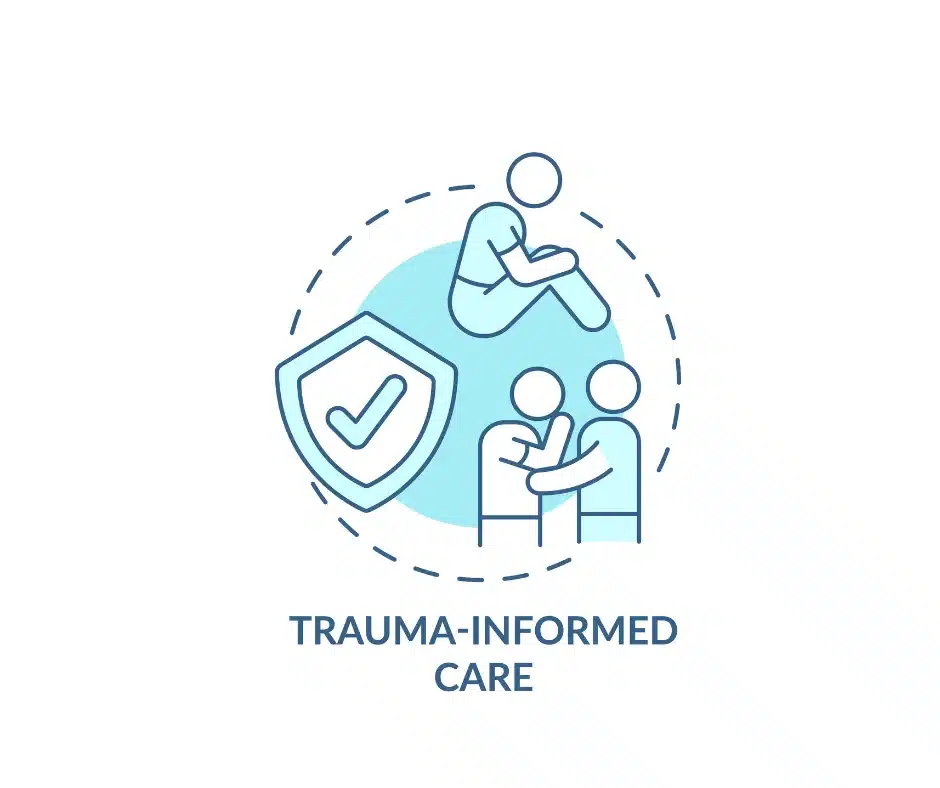
Understanding the link between trauma and substance abuse is vital, and addressing addiction and trauma recovery simultaneously puts a young person at a better chance of seeing a full recovery. Failure to choose trauma-informed care could actually cause more problems in the future because the trauma is left untreated.
Visit our guide for more information about teen behavioral health and substance use problems. If you are looking for trauma-informed therapy options for a teenager in your life and want to know more about finding trauma-informed care and what your next steps are as you try to help the teenager in your life, we recommend you visit the SAMHSA Resources for Child Trauma-Informed Care.
